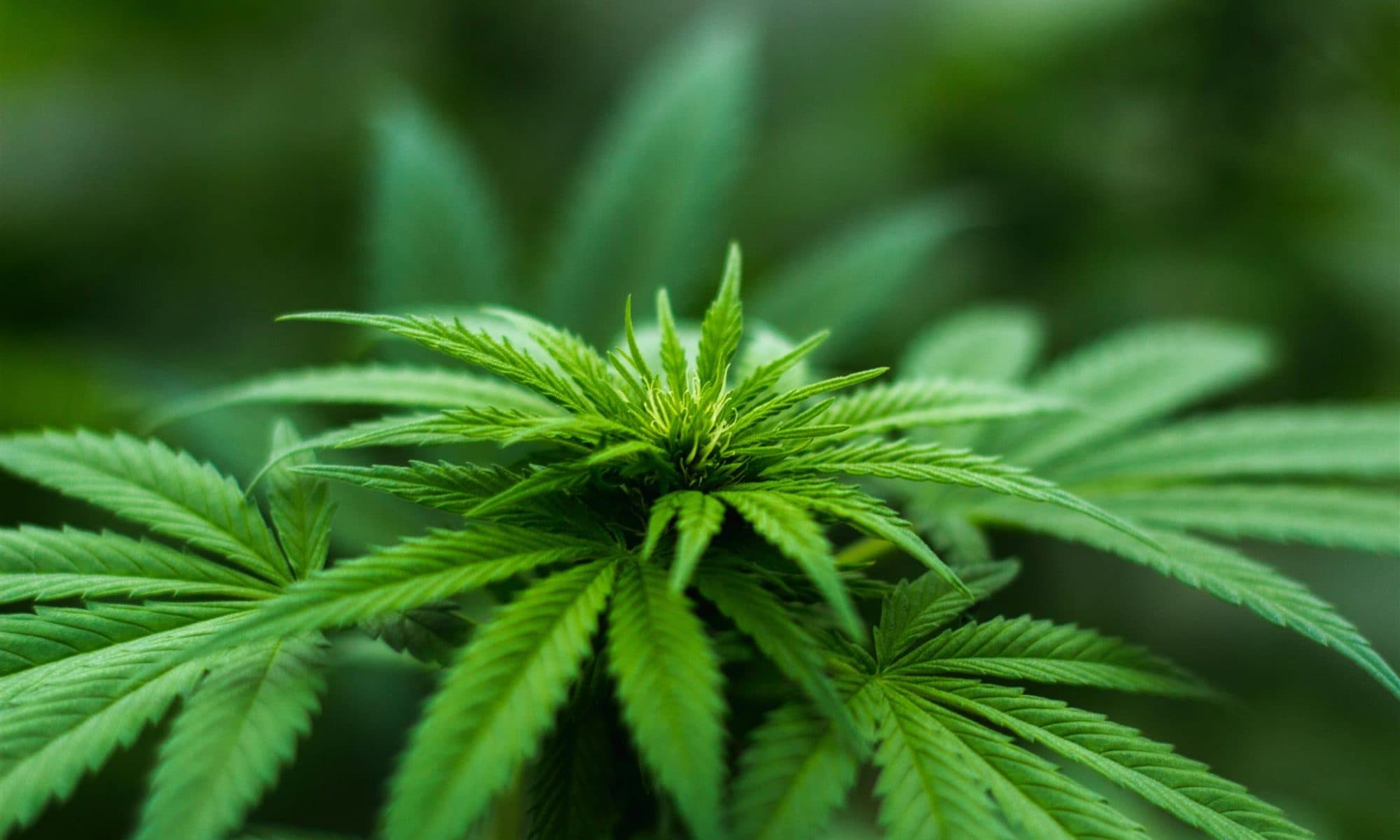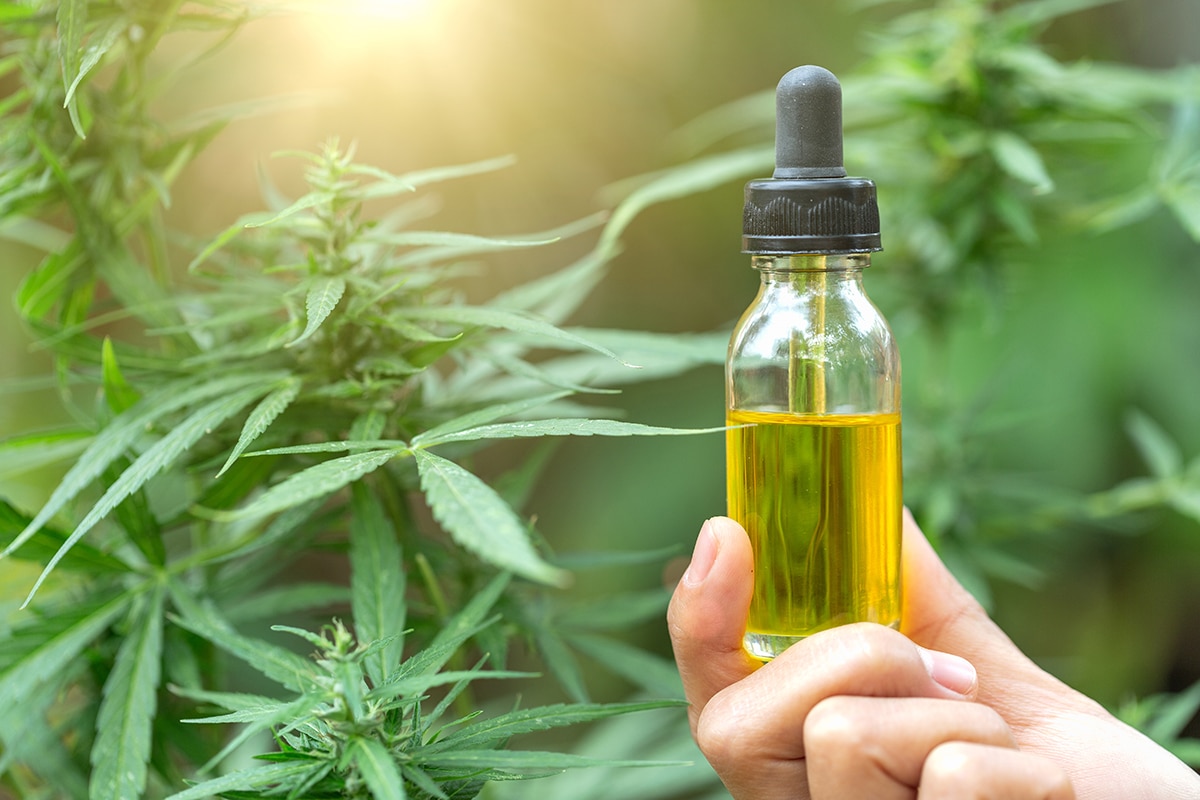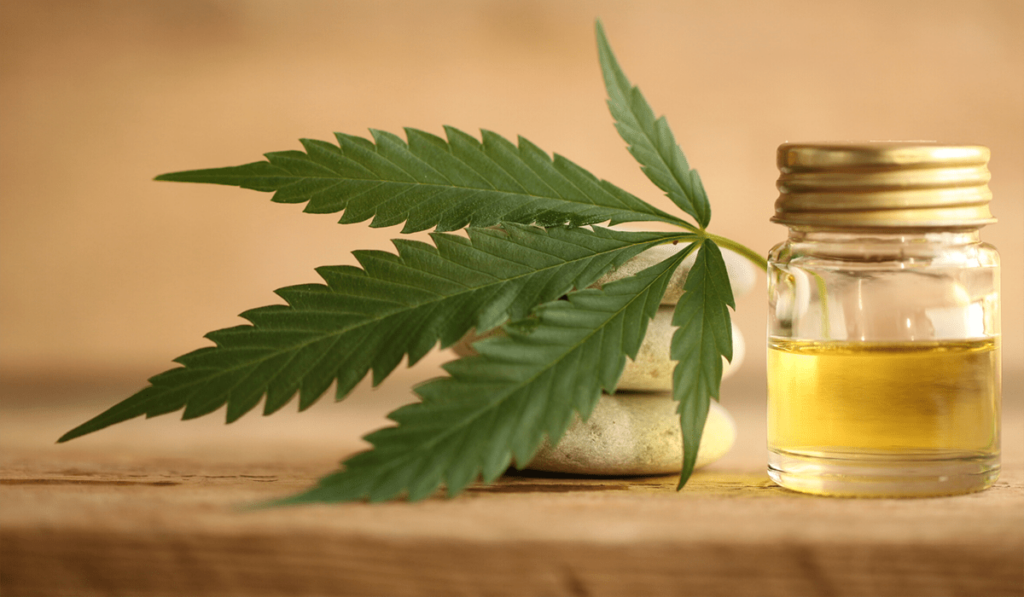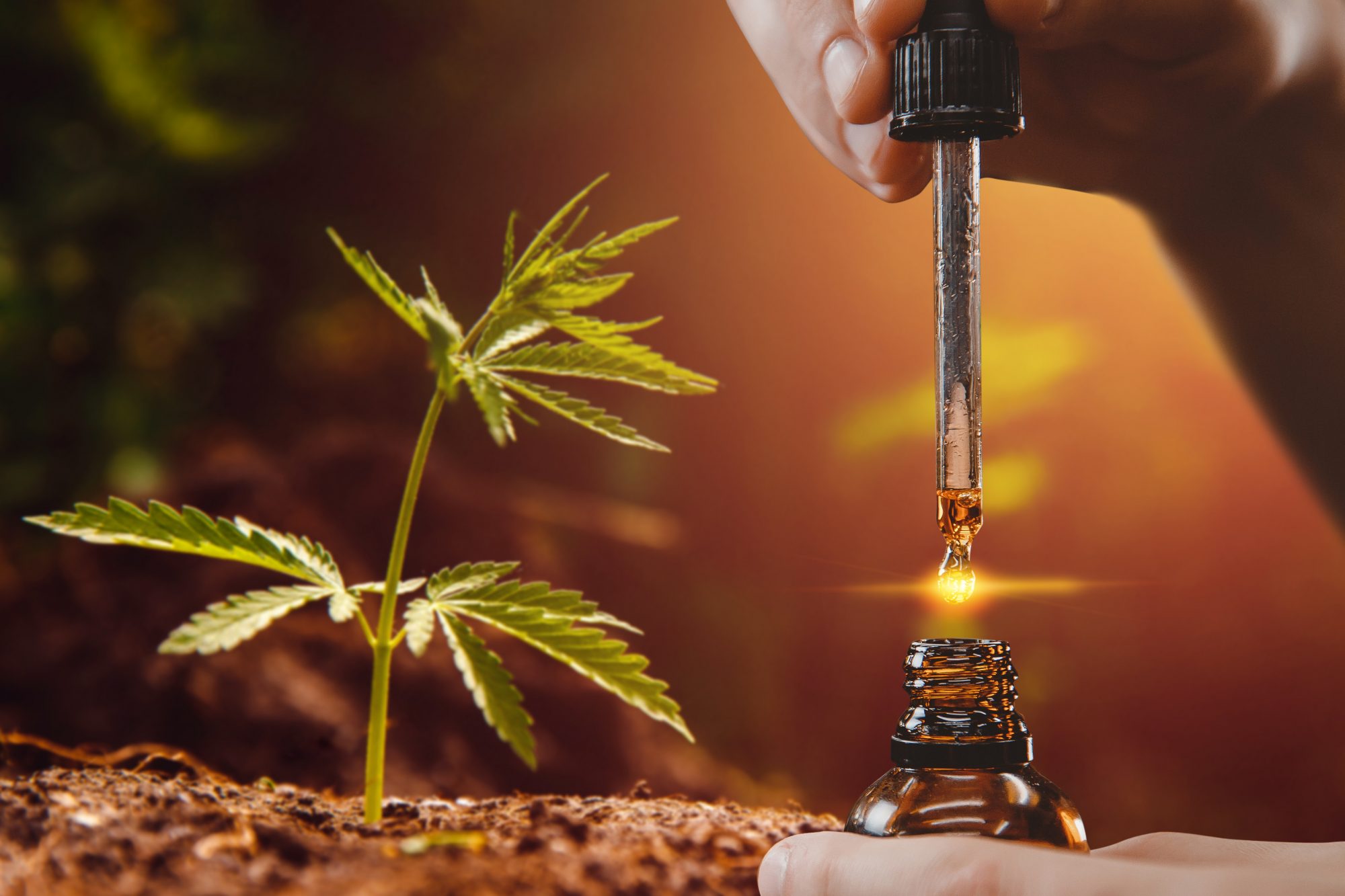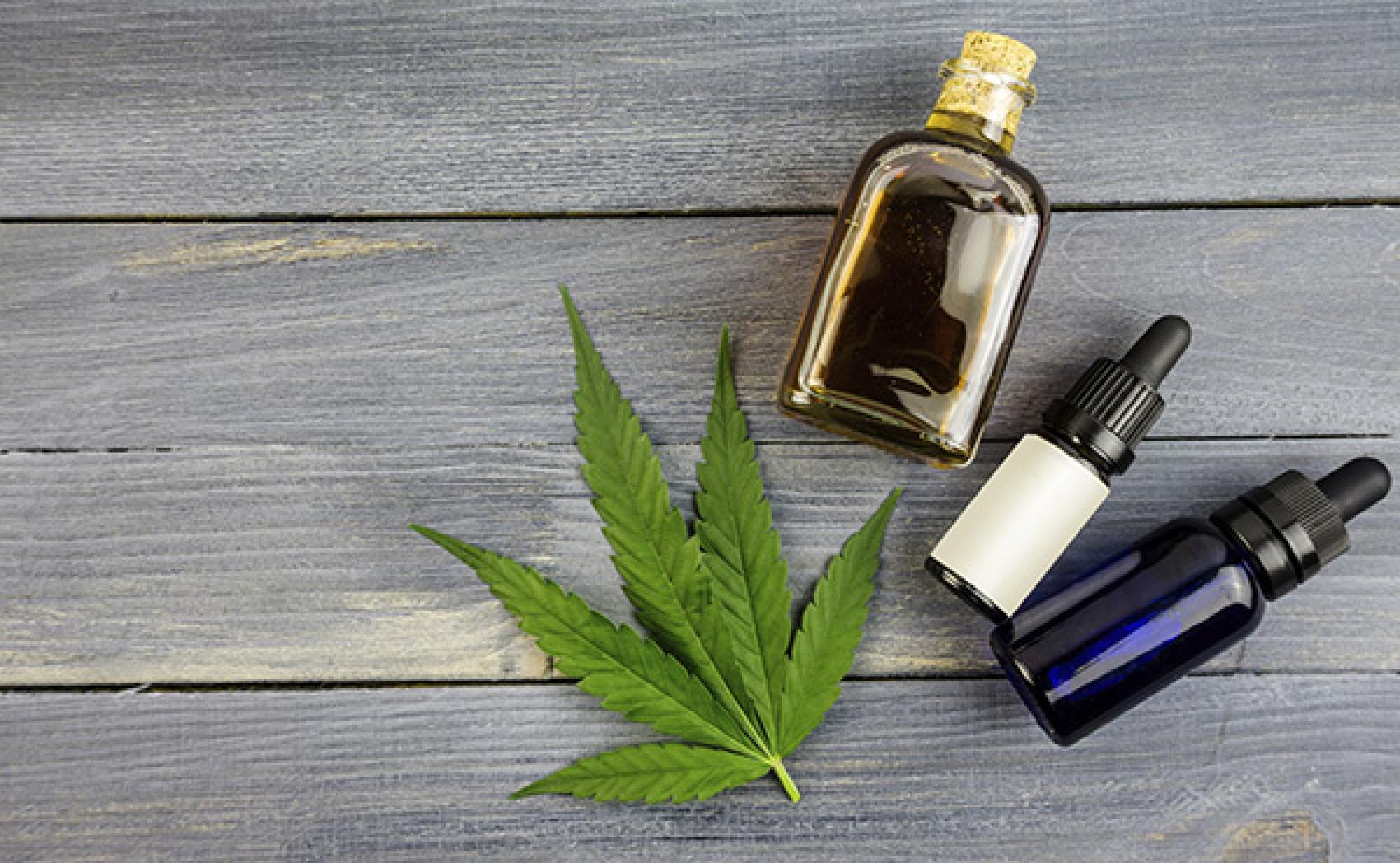Tinnitus is an audiological and neurological ailment that affects millions of people around the world. However, medical science has not yet discovered a solution for the condition. As a consequence of this, those who experience tinnitus are forced to look for any kind of relief they may get. Cannabidiol, often known as CBD, may be an option for some people as a result of this.
CBD oil from cannabis plant has gained popularity due to claims that it can alleviate a wide range of symptoms, including those of insomnia, chronic pain, and anxiety. The ringing in the ears may even be reduced, according to some users.
Is there evidence to support this, though? Here, you’ll find out.

What is Tinnitus?
Hearing sounds or ringing in the ears that have no external cause is known as tinnitus. The elderly is disproportionately affected, yet anyone can get the condition.
The level of distress caused by tinnitus varies from person to person, but for some, the persistent buzzing, roaring, or ringing can be intolerable.
Tinnitus is not a disease but rather a symptom of an underlying problem. The following are some possible explanations:
- degeneration of the auditory system with aging
- high cholesterol with blood pressure
- constant exposure to noisy environments
- Muscle spasms in the middle ear
- injures to the head or neck
- Ear or auditory nerve tumors in patients with Meniere’s disease
- excessive ear wax buildup
- problem with the jaw’s temporomandibular joint
Can CBD Oil Help for Tinnitus?
CBD CBD from cannabis sativa plant for tinnitus has had conflicting results in the scientific literature. A 2015 study in animals found that combining CBD and THC worsened tinnitus.
There is not enough evidence from animal or human trials to confirm that medical cannabis can help relieve tinnitus, according to a more recent evaluation of studies from 2020.

However, a 2020 study revealed that CBD might aid with hearing loss and tinnitus due to its anti-inflammatory and neuroprotective effects. However, additional study is required, especially in human subjects.
CBD may help with tinnitus-related symptoms like stress and sleeplessness, but it may not be a solution.
Further Research on CBD And Tinnitus
It is essential to know that the quality of products sold on the commercial market is not governed by any standards and might vary greatly. Products that include hemp seed oil, for instance, but do not really contain any CBD in their formulations.
There is still a significant lack of accessibility to medical cannabis from CBD, as it is almost exclusively sold in dispensaries located in places where marijuana has been legalized, either for THC or CBD, or both.
Both cannabinoid receptors CB1 and CB2 have been identified in the brain, and both respond favorably to the presence of cannabis and CBD. New evidence suggests these receptors contribute to both balance and hearing. This has prompted some to speculate that CBD supplementation could alleviate the symptoms of hearing problems like tinnitus. However, there is not a great deal of data available.
CBD oil was used to treat lab rats with tinnitus in 2015, but the results showed that it had no beneficial effects and, in some cases, actually made the condition worse (in rats, at least). In order to make any firm results, human research is required, as indicated in a 2020 literature analysis.
Tinnitus sufferers often struggle with stress, but there’s some hope that cannabidiol (CBD) could assist. A study published in Neurotherapeutics in 2015 found that CBD was helpful in lowering anxiety behaviors associated with post-traumatic stress disorder (PTSD), seasonal affective disorder (SAD), and obsessive-compulsive disorder (OCD).
Similarly, information about potential adverse effects is scarce. When used with other drugs, such as blood thinners, CBD can have negative side effects.

Is it Safe to Use CBD Oil for Tinnitus?
According to the World Health Organization, CBD is usually safe for most people and is unlikely to cause negative effects.Some of the possible adverse effects are lack of or increase in weight, exhaustion, and nausea.
Consult your doctor before trying CBD, especially if you are already on any drugs, even if any potential adverse effects are likely to be minor. There is a possibility that CBD could interact with a number of common pharmaceuticals.
It’s also worth noting that CBD products are not governed by the FDA. The Food and Drug Administration has strict regulations in place for companies that make fraudulent claims, but this does not mean that all CBD products available without a prescription are risk-free and beneficial.
If you want to make sure you’re getting a good product, you’ll have to look into it on your own.
What CBD Product is Best for Tinnitus?
CBD oil is preferable to other forms of CBD because of its greater absorption and capacity to induce whole-body effects; nonetheless, there is no evidence that CBD can aid with tinnitus. However, ensure to choose a product that addresses a wide range of symptoms to maximize the entourage effect.
Should You Try CBD for Tinnitus?
Experts explain that tinnitus patients often have high levels of mental distress from the constant ringing in their ears, so anything that helps with stress relief is appealing. However, it’s only been recent that they’ve taken to utilizing CBD.
Notwithstanding, they acknowledge that a major difficulty with CBD is that everyone reacts differently. What’s the right dose for me can be too high or low for you. In addition, not everyone has the same reaction. Some individuals feel it right away. Some people need to take it consistently for a couple of weeks before they see any results.
In addition, there are those who feel absolutely nothing. Unfortunately, finding what works best for you requires a degree of experimentation. The work was certainly worth it to me.
Finally
CBD oil, cannabis oil and cannabidiol CBD has been used consistently in the treatment of conditions such as chronic pain, anxiety disorders, cancer treatment, multiple sclerosis, post traumatic stress disorder, and for other health benefits. To know more about buy CBD oil Australia and other hemp seed oil benefits, you should book a consultation session with a professional from Chronic Therapy today.
If you are also looking for information about scientific evidence that support both CBD oil and other medicinal cannabis products usage, you are in the right place. You will also be informed about every adverse effects, preclinical evidence, and symptoms related to CBD and hemp seeds, including their potential health benefits, hemp derived CBD products and dietary supplements, how cannabidiol reduces cigarette consumption and as a potential anticancer drug; where to buy CBD oil legally and state medical marijuana laws.
More to read: Can Medical Cannabis impair Our Defence Mechanisms?
